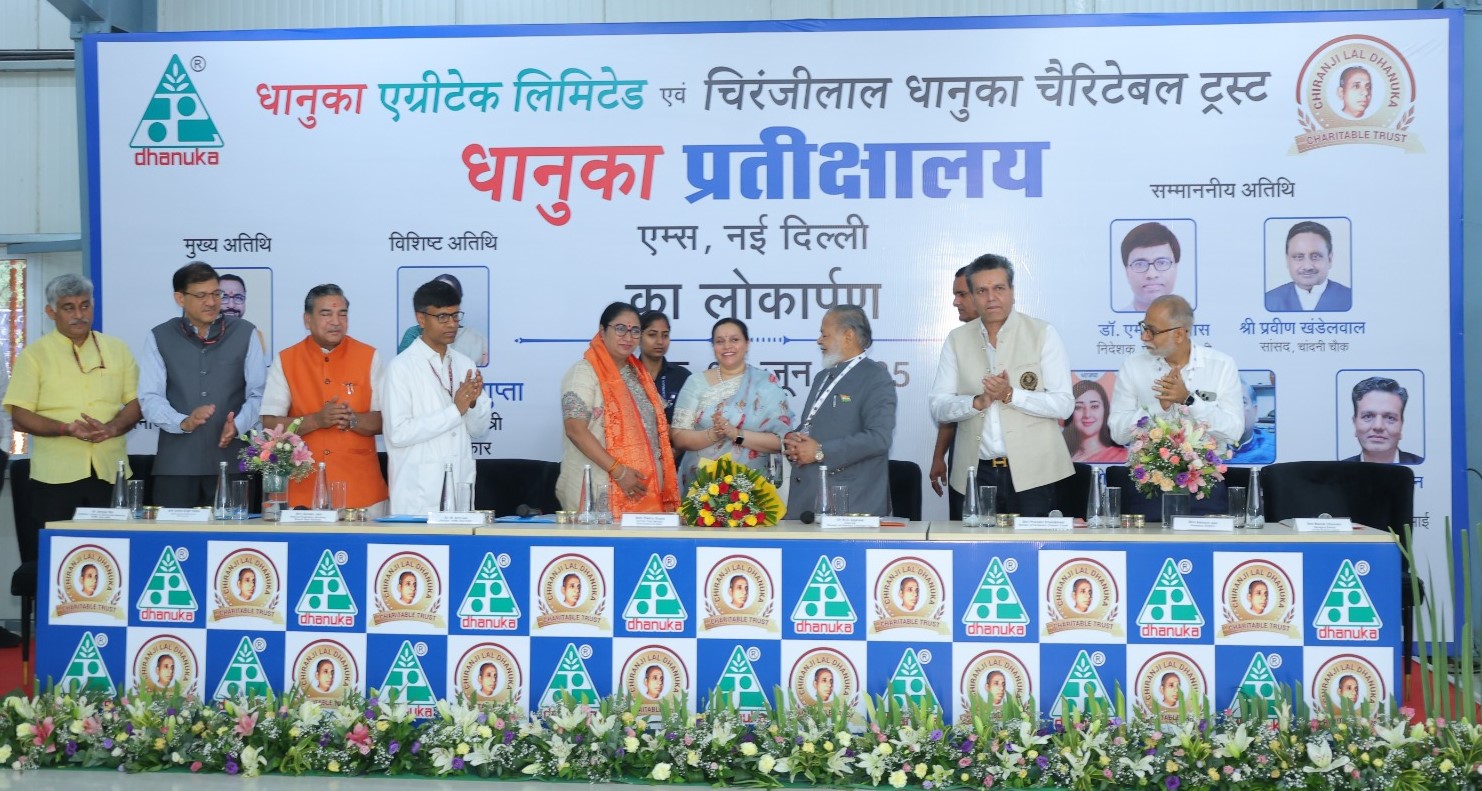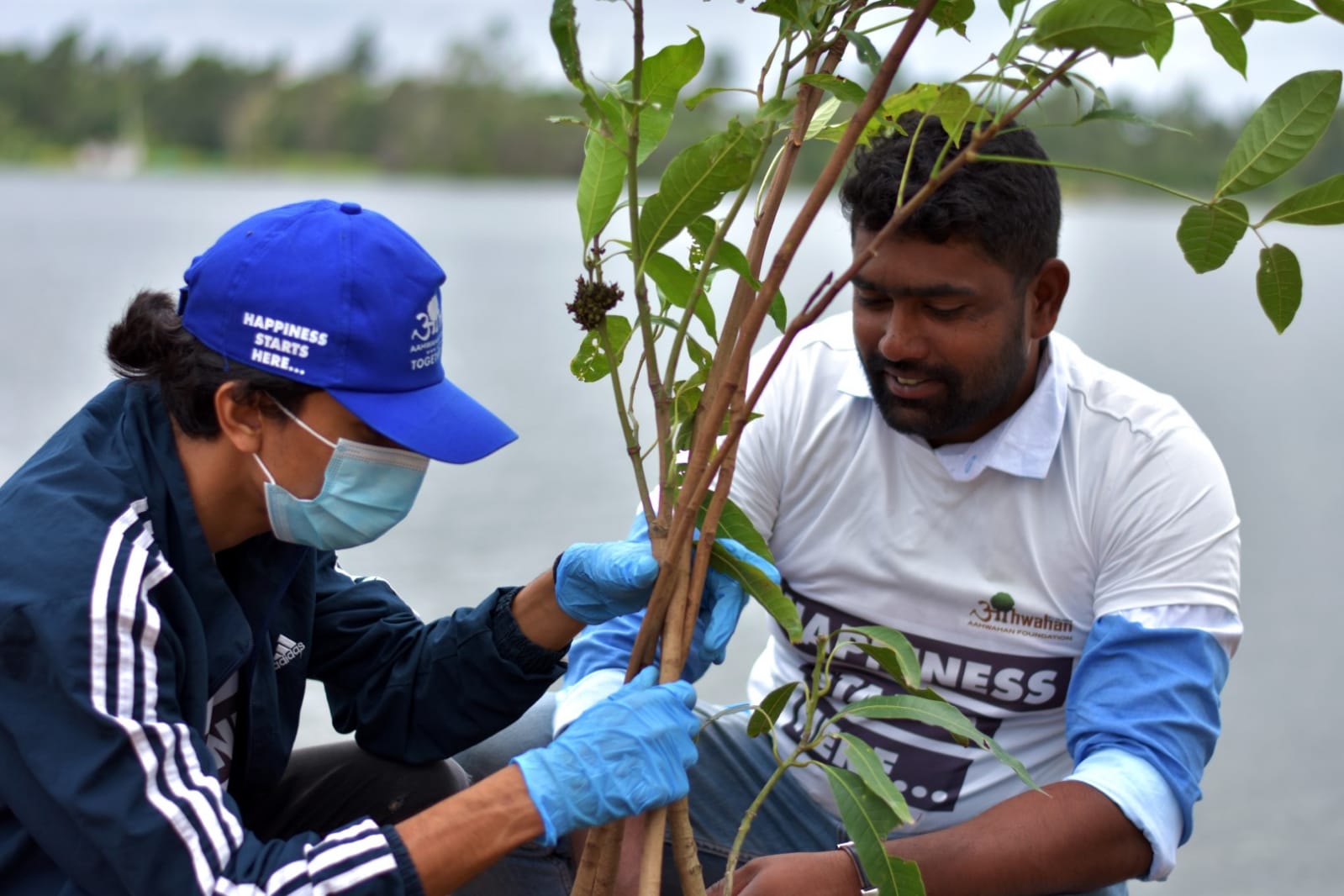Subscribe our Weekly Newsletter
Applications Open for Certificate Programme in Innovative Corporate Social Responsibility and Sustainability

Institute Name: Centre for Social Entrepreneurship, School of Management and Labour Studies, Tata Institute of Social Science, Mumbai
Apply By: 15 Jun 2025
About the Organization
The Tata Institute of Social Sciences (TISS) was established in 1936 as the Sir Dorabji Tata Graduate School of Social Work. In 1944, it was renamed as the Tata Institute of Social Sciences. The year 1964 was an important landmark in the history of the Institute, when it was declared Deemed to be a University under Section 3 of the University Grants Commission Act (UGC), 1956.
Since its inception, the Vision of the TISS has been to be an institution of excellence in higher education that continually responds to changing social realities through the development and application of knowledge, towards creating a people-centred, ecologically sustainable and just society that promotes and protects dignity, equality, social justice and human rights for all.
The School of Management and Labour Studies has a mission to provide quality human service professionals for a variety of stakeholder groups in the development process. The School has diversified to develop innovative teaching and research programmes that address wider social issues and realities with a special emphasis on the marginalised and vulnerable groups. It offers 5 M.A./M.Sc programmes viz. Human Resources Management and Labour Relations, Labour Studies and Practices, Social Entrepreneurship, Organisation Development, Change and Leadership, and Analytics. In addition, it also offers an Executive PG Diploma programme in Human Resources Management, Organisation Development and Change; and Analytics. It is involved in research, innovation and consultancy through its various centres.
About the Programme
Corporate Social Responsibility (CSR) is emerging as a means to connect businesses to society wherein the Company voluntarily chooses areas of engagement with the local communities and people. It is an essential component of sustainability or responsible business, evidenced by various sustainability frameworks. Governments and corporations are globally called upon to use creativity and innovation to address global development challenges and encourage sustainability strategies in their domains. CSR initiatives present opportunities for companies to identify opportunities for solving critical social issues and meet stakeholder expectations while enhancing their reputation and competitiveness.
However, how much of the CSR program benefits the business, how to align the CSR plans to a company's sustainability agenda, or how to report on the CSR plans and programs are a few questions that need appropriate answers.
As evident in India, CSR is emerging as a tool for economic and social value creation by integrating CSR with corporate strategy. Increasing pressure from various stakeholder groups also leads the companies to examine the sustainability discourse strategically. Indian companies now foresee CSR beyond employee welfare and charity. A survey by the Confederation of Indian Industries (CII) revealed the significant reasons Indian companies engage in CSR. These reasons are corporate citizenship, improving relationships with local communities, the philosophy of the organization's founding fathers, enhancing the Company's brand, survival of a business, and building a global corporate brand. CSR is identified as a way to develop their image as a responsible business, strengthening the Company's strategic position. Hence, companies are slowly shifting their attention from 'making donations' to a 'proactive and responsive approach' around their sustainability agenda. The Indian CSR practice is influenced by legal, political, developmental, and cultural factors with national, regional, and local focuses.
The government of India in 2013 made significant amendments to the Companies Act and added Clause 135. As per the Act, the conditions are a turnover equal to or more than INR 1000 Crore, a net worth of INR 500 Crore or more, or a net profit of INR 5 Crore or more. The Schedule VII of the Act lists the CSR activities. The Act also outlines the governance system holding the CSR Committee of the Board consisting of three or more directors, of which at least one director should be an independent director responsible for implementation.
CSR in India is primarily carried out as corporate philanthropic activities and standalone projects, limiting its scale and impact. Only a few companies have integrated their CSR activities with corporate strategy. In light of the Company Act 2013, CSR strategy must shift significantly. Adopting an entrepreneurial approach to CSR can help companies solve social problems through innovation by making CSR part of their core business process. Entrepreneurial thinking and decision-making processes create value for owners, all participants, and stakeholders. A shift in redrawing attention from 'shareholder' to 'stakeholder' and clear articulation on identifying the stakeholders and their relationship with the Company envisaged. It is also essential that CSR is viewed as a strategic agenda.
Recent developments in CSR and sustainability thinking imply that companies must holistically address sustainability challenges by integrating societal and Company perspectives. Effective CSR implementation requires trained, skilled professionals who can respond to diverse development challenges. With these broad issues, the Centre for Social Entrepreneurship of the School of Management and Labour Studies at Tata Institute of Social Science, Mumbai, is initiating a Certificate Programme in Innovative CSR and Sustainability. The program will adopt an entrepreneurial approach to design and implement CSR and Sustainable Development initiatives by the companies. The program targets professionals working in corporate, government, and non-governmental organizations. Bringing together interdisciplinary themes in economics, development, social policy, entrepreneurship, and business management, the Certificate Programme provides a multidisciplinary perspective on CSR and emerging models in CSR practices across business enterprises. The program will enable the participants to understand sustainability challenges, drivers, tools, and CSR and sustainable development approaches. Participants will learn the socio-economic barriers and drivers that lead to poverty and hunger, gender inequality, and violation of human rights and environmental issues. They also see how businesses can progressively contribute to dealing with such development challenges through innovation and creativity. Besides, all participants will work on individual and group projects emphasizing the design of sustainable solutions by integrating key learning from the program.
Expected Programme Outcomes: After completing the program, the participants shall be able to:
- Demonstrate inter-disciplinary perspectives on sustainable development challenges, their drivers, tools, and approaches to initiate and apply innovation and entrepreneurship in corporate social responsibility and sustainable development design.
- Acquire the skills for designing innovative economic, social, and environmental Sustainability solutions.
- Build their capacity to develop innovative CSR strategies and apply the principles and standards for sustainability assessment and reporting.
Mode of Programme Delivery: Offline Mode. (The classes will cover both theory and practice).
Programme Duration: 6 Months (on Saturdays and Sundays)
Eligibility
The Programme targets corporate, government, and non-governmental professionals. The minimum educational qualification is Graduation in any discipline. The expected participants are managers, project heads, team leaders, senior officers—executives, professional consultants, coaches, policymakers, and entrepreneurs. Candidates will be selected by assessing their Statement of Purpose (SOP) and educational qualifications.
Medium of Instruction: English
How to Apply
Last Date for Online Application: 15th June, 2025
For more information please check the Link
Stay in the loop with the newest RFPs and Grants through NGOBOX's WhatsApp Channel. Join now by clicking here!
Latest Online Store
Latest Tenders And EOIs
Latest News
© Renalysis Consultants Pvt Ltd













.jpg)













.jpg)